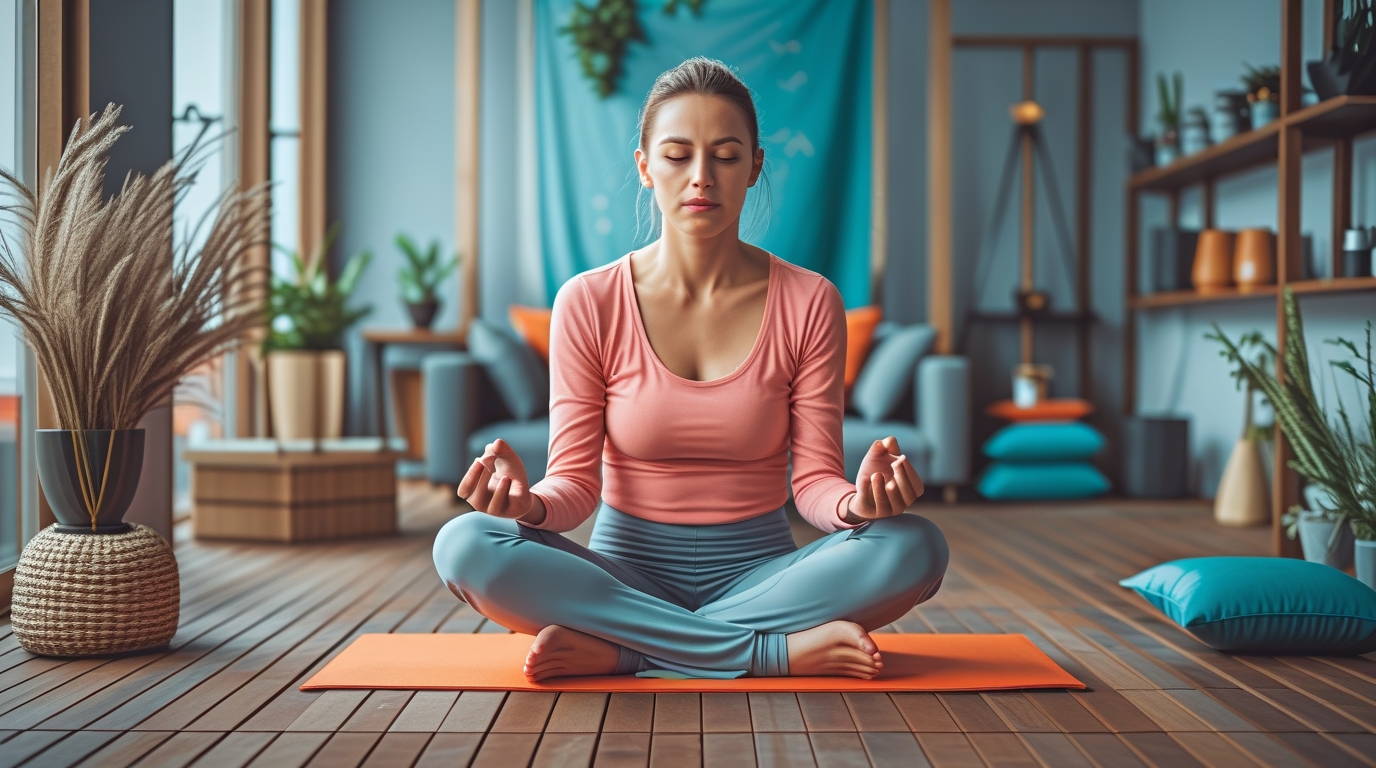In today’s fast-paced world, managing stress is a crucial component of maintaining overall wellness. Stress can impact us physically, mentally, and emotionally, and finding effective ways to relieve it quickly is essential for our daily lives. In this post, we’ll delve into simple techniques to relieve stress fast, offering strategies that are both effective and easy to implement. Whether you’re dealing with a hectic work schedule, personal challenges, or simply looking for ways to enhance your daily routine, this guide is crafted for you.
Understanding Stress: What is It and Why It Matters?
Stress is your body’s reaction to any change that requires an adjustment or response. The body reacts to these changes with physical, mental, and emotional responses. Stress is a normal part of life, but when not managed properly, it can lead to chronic health problems and affect well-being.
Recognizing the Signs of Stress
Before diving into techniques for stress relief, it’s essential to understand the signs of stress. By recognizing these signs, you can effectively implement strategies that will work best for you:
- Physical symptoms: headaches, fatigue, and sleep disturbances.
- Emotional responses: anxiety, irritability, and mood swings.
- Behavioral changes: changes in appetite, procrastination, and avoiding responsibilities.
Recognizing these signs early on can enable you to take action before stress becomes overwhelming.
Simple Techniques to Relieve Stress Fast
Breathing Exercises for Instant Calm
One of the simplest and most effective ways to relieve stress quickly is through breathing exercises. Controlled breathing can regulate your body’s stress response and induce relaxation almost instantly. Here’s a simple breathing technique you can try:
- Find a quiet space: Sit or lie down comfortably, closing your eyes if you’re comfortable with it.
- Inhale deeply: Take a slow, deep breath in through your nose, counting to four.
- Hold your breath: Retain the breath for a count of four.
- Exhale slowly: Release the breath slowly through your mouth over another count of four.
- Repeat: Do this for a few minutes until you feel calmer.
Integrate this small practice into your day whenever you feel overwhelmed, and notice how it shifts your energy and focus.
Physical Activity: Move Your Body
Physical activity is a powerful stress reliever. Exercise increases the production of endorphins, your body’s natural mood elevators, and can help you manage stress levels effectively.
Engaging in regular physical activity, even for just a few minutes, can make a significant difference:
- Walking: A quick walk outside can reduce stress and boost your mood.
- Stretching: Doing some simple stretches can relax tense muscles, which may alleviate stress.
- Dance: Putting on your favorite music and dancing around your room can be a fun and liberating way to release stress.
Explore our guide to exercise for stress relief for more ideas on incorporating movement into your routine.
Progressive Muscle Relaxation (PMR)
Progressive Muscle Relaxation is a technique that involves tension and relaxation of muscle groups in sequence. This helps reduce physical stress in the body and can lead to a feeling of overall relaxation.
Here’s a step-by-step guide on how to practice PMR:
- Start by focusing on one muscle group, such as the muscles in your right foot.
- Tense the muscles, holding the tension for about five seconds.
- Release the muscles, letting go of the tension fully for about 30 seconds.
- Repeat this process for each muscle group, moving up the body.
This practice can help you become more aware of where you hold stress in your body and allow you to actively release it. For more on physical relaxation techniques, check out this article.
The Power of Mindfulness and Meditation
Mindfulness and meditation are practices that allow you to center yourself and reduce stress. These techniques shift your focus from agitation to calmness, leading to enhanced well-being.
Here’s how you can practice mindfulness:
- Set aside time: Even five minutes can make a difference.
- Focus on the present: Pay attention to your breathing and surroundings.
- Observe without judgment: Notice thoughts and feelings, acknowledging them and letting them pass without getting caught up in them.
These practices, though simple, can be transformative in managing stress. You can explore our comprehensive guide to mindfulness practices for deeper insights.
Key Takeaways
Stress is an inevitable part of life, but with these simple techniques, you can learn to manage it effectively. By incorporating practices such as breathing exercises, increasing physical activity, engaging in mindfulness, and trying progressive muscle relaxation, you can quickly reduce stress levels and enhance your overall well-being. Regularly integrating these strategies into your routine can lead to a calmer, more balanced life.
We hope these insights have provided you with valuable tools to manage stress. Remember, the key is consistency and finding what works best for you.
Call to Action: What are your favorite methods for relieving stress? Share your thoughts in the comments below, explore our other wellness blogs, and subscribe for more tips on living a balanced and healthy life.





Leave a Comment